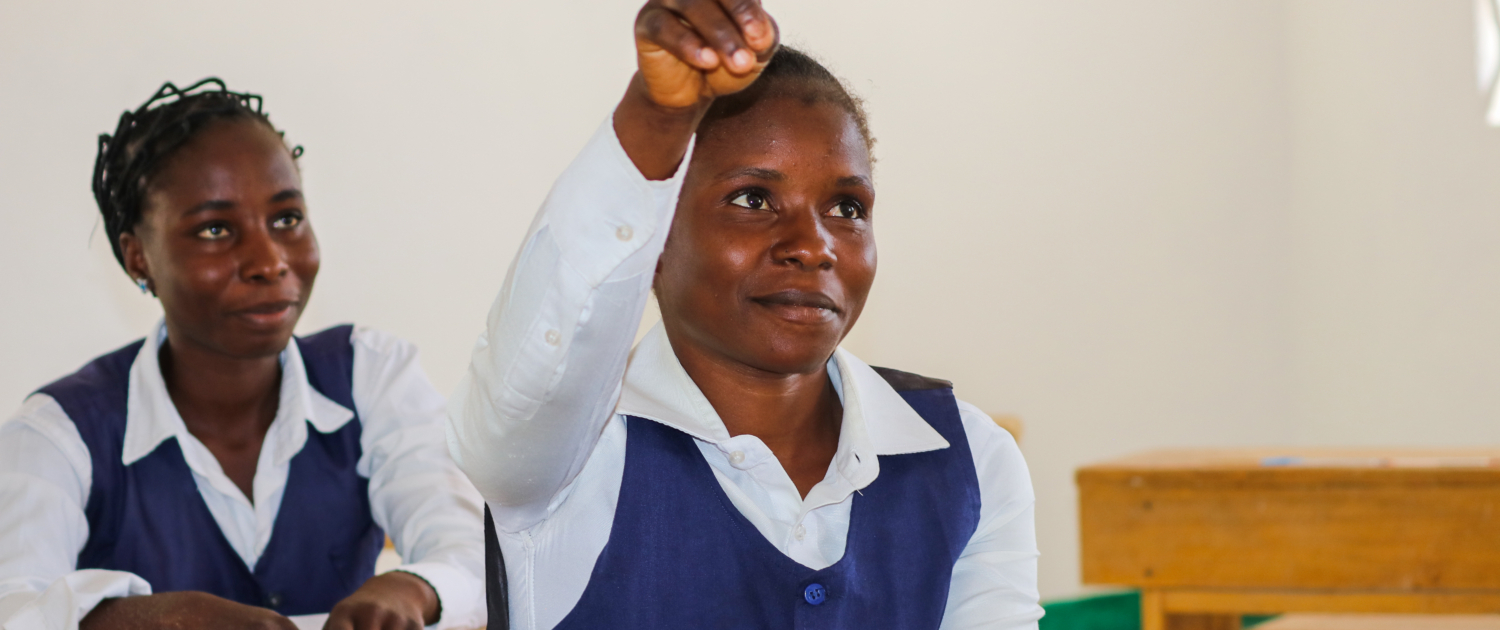PUBLICATION OF “THE PATHS FOR THE FUTURE” GUIDE
The IECD is launching the “PATHS for the future” guide, an innovative life skills training programme dedicated to helping young people and entrepreneurs develop the life skills that are essential for their social and professional integration.
Since the 2000s and the adoption of the Millennium Development Goals (MDGs), education has been reaffirmed as a powerful vector for the development of individuals and countries, and recognised as one of the best ways of reducing poverty, raising levels of health, promoting gender equality and advancing peace and stability.
In 2015, the United Nations set the fourth Sustainable Development Goal as follows: ensure equal access to quality education for all, and promote lifelong learning opportunities.
Within this framework, the IECD has designed the “PATHS for the future” guide to help all young people and entrepreneurs develop their life skills in order to enter the job market.
This guide is an accessible, reliable and progressive tool designed to give each person the means to build their future and contribute to the construction of a fairer society.
A holistic approach to education
The “PATHS for the future” guide is distinguished by its holistic approach, which takes into account all the dimensions of the individual: emotional, cognitive, relational and social.
Its aim is not so much to impart knowledge as to develop the skills that are essential for everyday life and professional integration. It can be adapted to suit different contexts and the specific needs of individuals. It is aimed primarily at young people aged between 14 and 30, but it has also been designed to be adaptable to people of all ages.
At the heart of the AVENIR pathway are “life skills”, a set of human and psychosocial skills. These skills, organised into “seeds” and presented in a modular fashion, enable people to flourish in all aspects of their lives. These seeds are structured in 3 Pillars; each is made up of three training modules that enable the acquisition of 3 to 6 skill elements. The pathway is supported by interactive teaching tools and practical resources.
Between the pillars there is a progressive logic from oneself to the outside world/the outside environment:
- Pillar 1: Revealing oneself, asserting oneself, taking responsibility
This pillar encourages self-discovery, identity-building and the management of one’s own life. It addresses themes such as self-esteem, personal organisation and a responsible emotional and sexual life. Individuals are invited to explore their talents, identify their values and assume their responsibilities. By combining reflection and commitment to oneself, it enables people to lead a balanced and fulfilled life.
- Pillar 2: Open up, get involved, shine:
This pillar aims to develop the ability to communicate, live in society and get involved as a citizen. It includes modules on developing assertiveness, knowledge of world cultures and action for the common good. The aim is to give people the keys to interacting positively with those around them and with the world around them. - Pillar 3: Explore, plan, integrate:
This pillar focuses on educational and vocational guidance, employability and professional integration. It supports people in building their life project, acquiring skills to find a job, and adapting to changes in the labour market. The aim is to enable participants to look to the future with confidence and ambition.
Individualised and personalised support
The AVENIR pathway is implemented by education and/or training professionals who adopt an educational support approach based on confidence in each person’s ability to learn and progress.
IECD emphasises individualised and personalised support. Evaluation is an essential part of the programme, with tools for monitoring progress, satisfaction surveys and individual interviews. The aim is to measure the impact of the programme on participants’ lives and make adjustments if necessary.
The AVENIR pathway is therefore a promising initiative to give people the means to build their future independently, responsibly and with commitment. It is a concrete response to the challenges of today’s world, focusing on the integral development of the individual and his or her successful integration into society.



